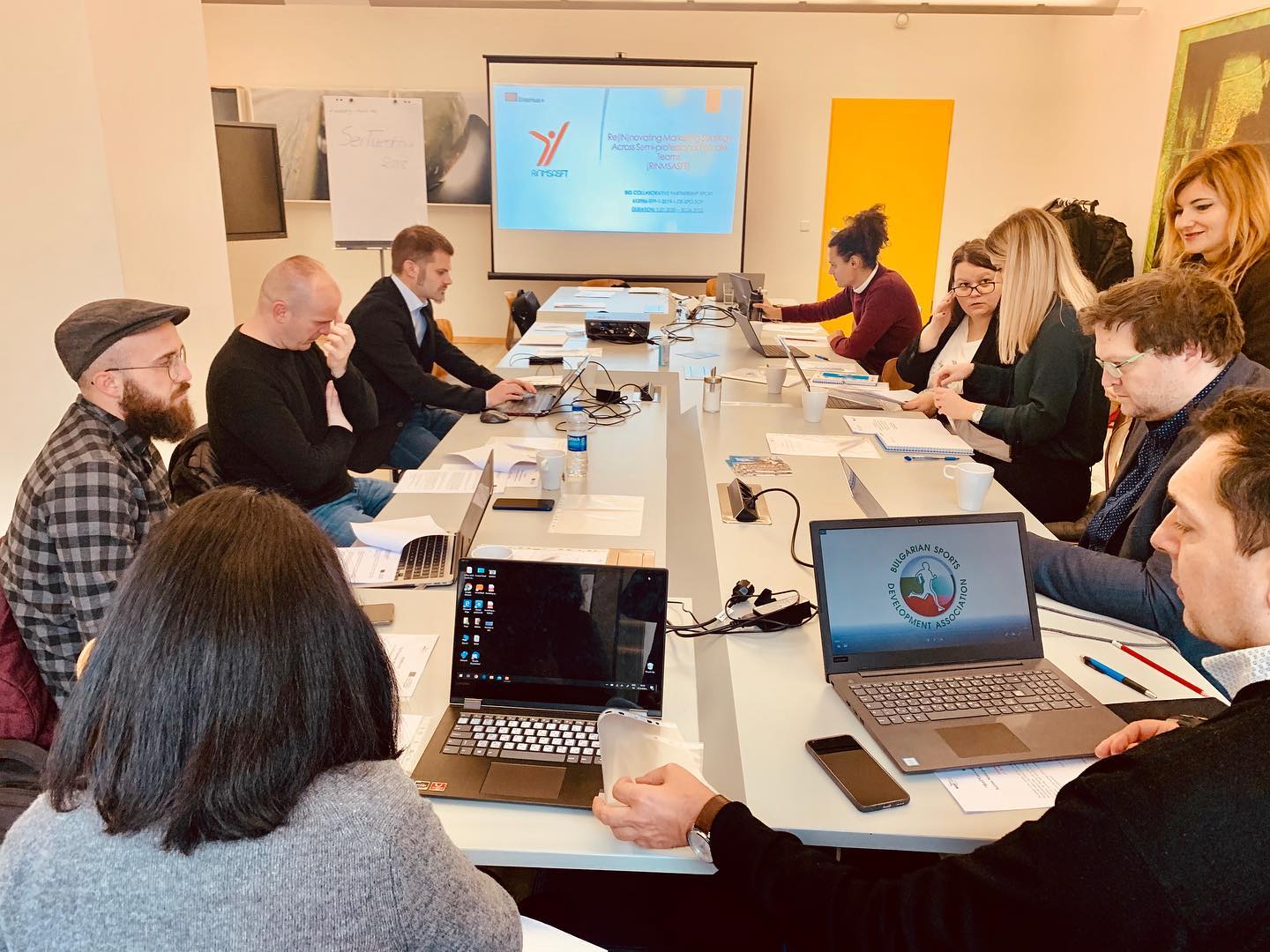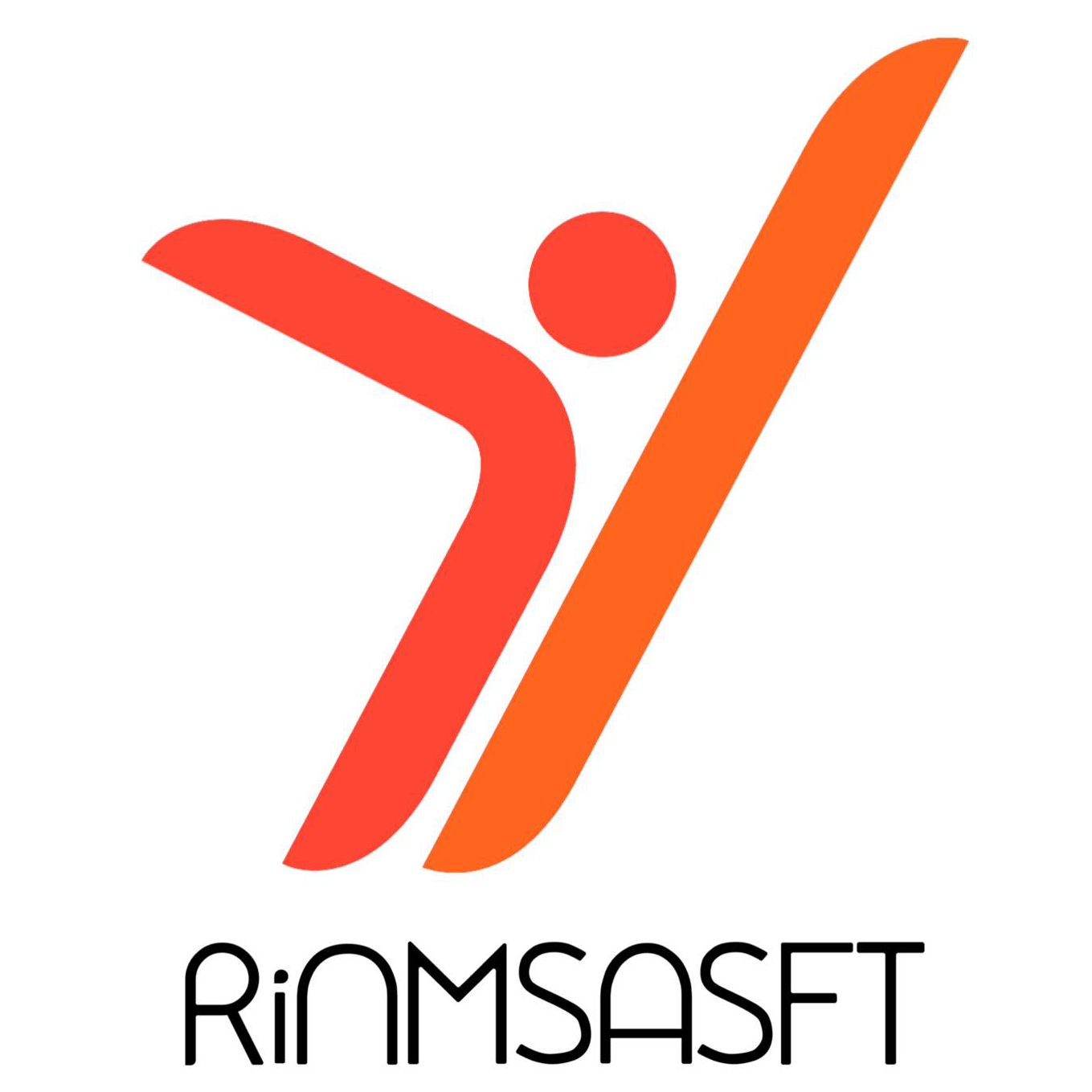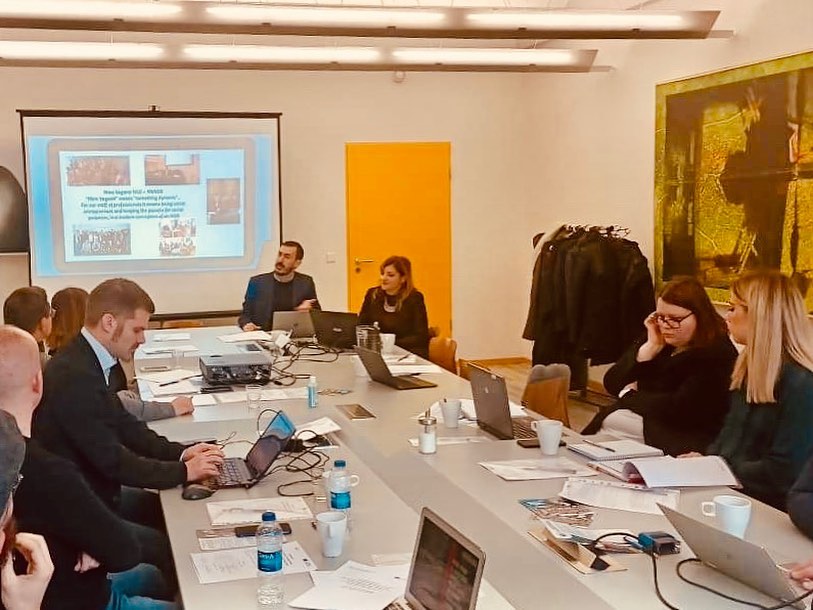About
The project pursues the specific Erasmus Plus Collaborative Partnership priority related to promote and support good governance in sport which with a specific focus the major priority to foster and enhance gender equality in sport.
In the report made by the Committee on Equal Opportunities for Women and Men on “Discrimination against women and girls in sport” (2005) the section “Sponsors and funding” provides clear data and remarkable examples of the disparity regarding the minor matter expressed by managers towards female teams:

“During the five years from 1992 to 1997, the money paid into women’s sport by sponsors more than doubled, from 285 million to 600 million dollars. This represents progress, but the figures are still revealing in terms of what remains to be done. The total figure has now gone beyond one billion dollars, but sponsors pay 25 billion dollars a year into men’s sport. Yet without serious sponsors or adequate funding, women’s sport is not viable, as certain examples clearly show.”
“In the world of football, the Plessis-Robinson football club’s women’s teams hoped, in May 1998, to move up to the French national championship, but the club itself was against this, on the grounds that it would be too expensive. In practice, all the club’s cash subsidies went to the men’s team, although this played two divisions below. In the end, the women’s teams were dissolved by a decision of the board. When the United States hosted the fourth Women’s World Cup, in 2003, its professional women’s football league, which had won the World Cup itself in 1999, had to announce that it was dissolving, for lack of sponsors and reliable partners. In April 2004, Fulham, an English club, announced that it would cease funding its women’s team unless a sponsor could be found by June that year. The team thus ran the risk of a return to amateur status, after three years in the professional league and one year of semi-professional status.”

The examples provided by the Report concern the football field but the issues expressed can be applied in the other sport fields. Furthermore semi-professional female teams are often forced to resort to unprofessional methods to raise funding in order to cover their team expenses regarding the facilities, the equipments and the away games.
The Expert Group on Good Governance in their “Recommendations on Gender Equality in Sport” (2016) affirms that “Policymakers and stakeholders in sport should develop a more comprehensive understanding of the value of gender equality to improve the governance and performance of sport organisations, both from a social and an economic point of view”.
OBJECTIVES
a) RINMSASFT aim at tackling the challenge related to the well-known existing sponsorship and funding disparities between male and female sport teams at semi-professional level.
b) Strengthening competences of managers of semi-professional female sport teams through an up-skill process related to marketing, communication and visibility strategies







